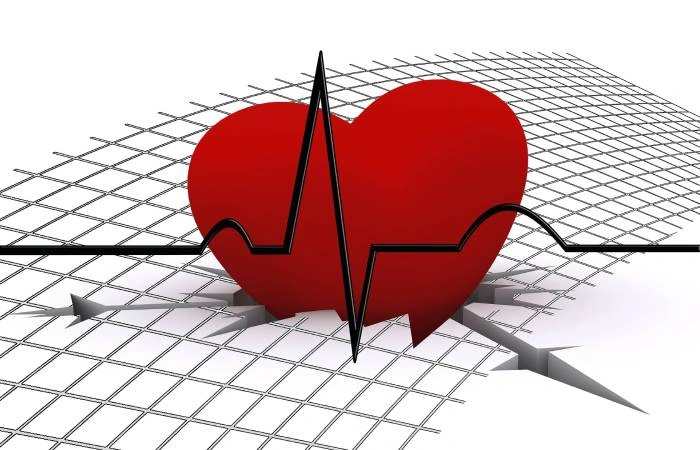Arrhythmia is a relatively frequent problem. Today we will discover and research into some data that may surprise us.
Cardiac arrhythmias are a disorder that affects many people. For this reason, in better with Health, we have dealt with this subject repeatedly. However, there are some aspects that you may not yet know about this disease.
As the Spanish Heart Foundation points out, the arrhythmia is an alteration of the heart rhythm. When the heart beats too fast, too slow, or has an irregular rhythm, these are signs that alert you to its presence.
Next, we are going to see some aspects of cardiac arrhythmia that must be kept in mind. This is important since this disease affects more than 50% of the population.
Table of Contents
Knowing Cardiac Arrhythmia

Electrophysiology: A Useful Test
Electrophysiology is a test performed to diagnose those suffering from arrhythmias.
This test allows you to determine the type of arrhythmia they are suffering, its severity, exactly where it is occurring, and the disorders it is causing in patients.
This test has been of great importance since it allows adjusting the treatment to avoid wasting time trying options that will not improve the patient’s problem.
It is indeed a technique that is having great success and results.
The Risk Of Sudden Death From Cardiac Arrhythmias Is High
The sudden death is a problem whose perpetrators are, in some cases, cardiac arrhythmia. Specifically, ventricular fibrillation arrhythmias and ventricular tachycardia arrhythmia.
These types of arrhythmia are often referred to as “malignant” because of their high risk of sudden cardiac arrest.
If this occurs, treatment should be performed as soon as possible with ventricular defibrillation.
Not All Arrhythmia Are Equal Dangerous
Even though in some types of cardiac arrhythmia, there is a risk of sudden death already mentioned, this does not mean that they are all equally dangerous.
This is why electrophysiology is so essential. With this test, you can know the severity of the arrhythmia that the patient suffers.
- Extrasystole: Also known as “premature ventricular contraction,” consists of an out-of-time beat, ahead of the patient’s heart rate. This is usually not very serious, although this followed up. It often treated through a change in diet and lifestyle.
- Sinus bradycardia: Heart rate drops, is irregular, and may stop at times. In some cases, it may not require any treatment. However, if it worsens, you may get to the point of using a pacemaker.
- Ventricular fibrillation: it is a type of heart disease that we have already mentioned, and that can endanger the patient’s life causing him to suffer a sudden cardiac arrest that can lead to death.
There are many other types of arrhythmias, such as heart block or paroxysmal supraventricular tachycardia.
The important thing is to realize that not all are equally serious or that they all require treatment, but with some, monitoring and control are more than enough.
Treatments Are Diverse
Just as not all cardiac arrhythmias are equally severe, the same is true of treatments. As we have already seen, in some cases, the procedure is only adequate follow-up and control.
In others, it may be necessary to abandon harmful habits such as tobacco or alcohol and improve the diet.
However, indeed, arrhythmias often need to be treated through drugs. But, they are not all the same. Everything will depend on the patient, the type of arrhythmia he has, and the severity of it.
Furthermore, there is a treatment known as “radiofrequency ablation” that usually carried out after the electrophysiological study.
What achieved is to eradicate the arrhythmia through a small burn that destroys the heart tissue that is causing the arrhythmia. Currently, it has excellent results.
Did you be familiar with all these details about cardiac arrhythmias?.
Is nearby one that you had overheard of but didn’t identify everything else about?.
Although we have dealt with this topic on different occasions, there is always some information that you can drill down on to acquire more information.
Also, remember that studies continue to investigate new ways of addressing this type of disease.
Therefore, although we have mentioned several treatments, some new ones may appear later that, without a doubt, we will share with you all.
MORE INFO:- tipsformart
